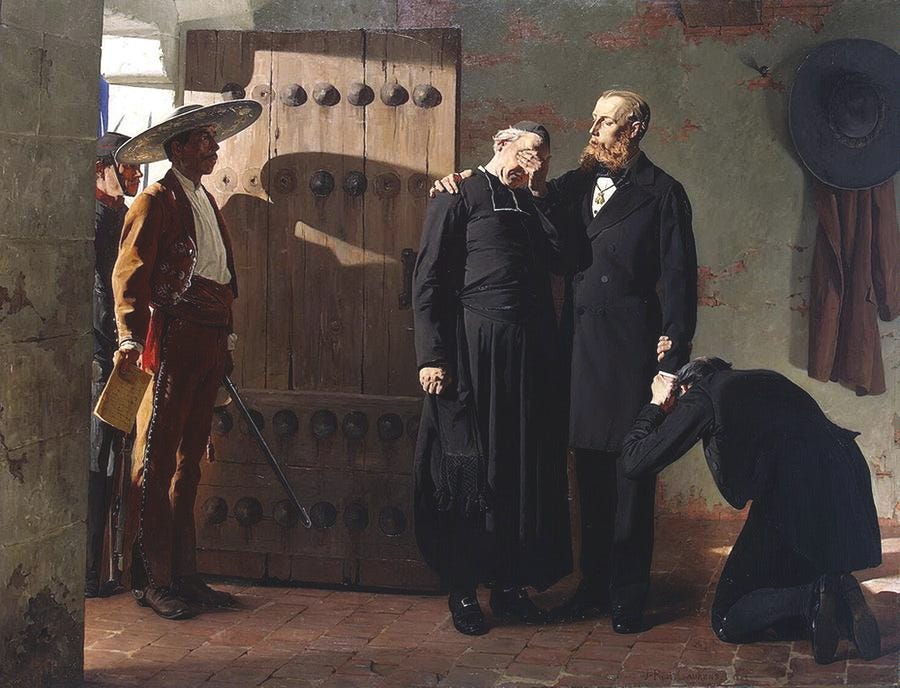

Discover more from Extra Muros
In “The Use and Abuse of Military History,” Michael Howard encourages students of the past to study in width as well depth. This pattern of study, he argues, will foster both a sense of grand developments and intimate knowledge of the interwoven elements of a given place in time and space.
In the age of the MP3 and the PDF, an autodidact who embraces Sir Michael’s “tee-shaped” approach to the study of history might use “soup-to-nuts” podcasts (such as The History of England) to foster wide engagement and a multitude of books, articles, maps, and archival documents to enable intimate embrace.
Some self-directed learners, however, follow a different path. Exploiting both the pleasures inherent in intense acquaintance and the tendency of publishers to revisit familiar topics, they focus their attention on a particular period, a specific country, or a given event.
The benefit of the latter approach is the building of a detailed model of a time and place that differs, in a wide variety of respects, from the here and now. At the very least, this picture reminds us of the existence of alternatives to current ways of doing things. Better yet, a representation of that sort can foster a deeper appreciation of the unsung assumptions of the circles in which he travels.
At the same time, an exclusive relationship with a small piece of the past - what might be called a “blob” - puts a limit on both the number and variety of the aforementioned alternatives. This, in turn, can lead to attempts to force the square pegs of today into the round holes of an idiosyncratic yesterday.
A historical monogamist can avoid this fate by building upon his enthusiasm for a specific corner of yore to explore nearby portions of the past. Thus, the student of politics, culture, or commerce of Victorian England will benefit from an extended visit to the Second Empire of France. Likewise, the aficionado of the War for Southern Independence (1861-1865) will glean much in the way of perspective by looking at contemporary struggles in the United Mexican States (1862-1867) and the German Confederation (1866).
In short, the self-directed learner who has built himself a history blob should consider providing it with a knob or two.
Subscribe to Extra Muros
Extra Muros explores ways people can obtain the benefits of higher education while remaining "outside the walls" of our dying universities.


















May I submit the whole of history as an area of interest? :P
The fun part is that history leaves in a lot more of the context as part of the study and leaves the proof/disproof of the thesis to the reader, and so you can use it to study people's decision-making under pressure across time. While this is most obvious with military history, case studies can be made from almost any part of history about how to respond to decisions, and why particular responses are chosen.
Deeply investigating critical decisions is so interesting.
I feel like this approach has worked well for me: start with a question you don't know the answer to, like "Why did WWI really begin?" and try to answer it from one point of view. I picked the death of the Ottoman Empire, and briefly that was my area of historical expertise. Then I became curious about how the Ottomans had intersected with the British on one side, and with developing middle eastern cultures on the other. From there, I just kept expanding.
I've circled the globe many times like this, and gradually, it all makes sense. It all collects.
But I also really, really appreciate historical overviews, so I can make sure I have things in the right context.